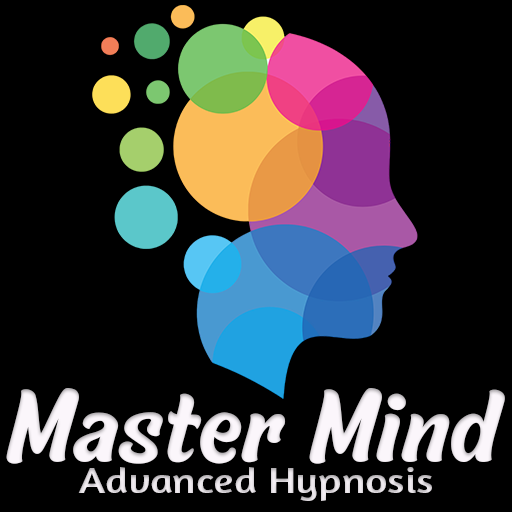The Truth Behind Hypnotherapy’s Effectiveness
Hypnotherapy is a practice that has been surrounded by myths and misconceptions for many years. These myths often prevent people from seeking the help they need and can lead to a misunderstanding of the true effectiveness of hypnotherapy. In this article, we will debunk the top 10 myths about hypnotherapy and shed light on the truth behind its effectiveness.
Myths About Hypnotherapy
Myth #1: Hypnotherapy is mind control. One of the most common misconceptions about hypnotherapy is that it involves mind control. This is simply not true. Hypnotherapy is a collaborative process between the therapist and the client, where the client is in control at all times. The therapist acts as a guide, helping the client access their subconscious mind to make positive changes.
Myth #2: Hypnotherapy is only for entertainment purposes. Many people associate hypnosis with stage shows and entertainment. While it is true that hypnosis can be used for entertainment, hypnotherapy is a legitimate therapeutic technique that has been used for centuries to treat a wide range of conditions. It is a serious and effective form of therapy that should not be dismissed as mere entertainment.
Myth #3: Hypnotherapy can make you do things against your will. This myth is closely related to the idea of mind control. In reality, hypnotherapy cannot make you do anything against your will or go against your moral compass. The therapist can only suggest positive changes that align with your goals and values. You are always in control and can reject any suggestions that do not resonate with you.
Myth #4: Hypnotherapy is a quick fix. While hypnotherapy can produce rapid results in some cases, it is not a magic cure-all. Like any form of therapy, it requires time, effort, and commitment from the client. Hypnotherapy is a tool that can help facilitate change, but it is not a shortcut or a substitute for personal growth and self-reflection.
Myth #5: Hypnotherapy is only effective for certain conditions. Another common myth is that hypnotherapy is only effective for certain conditions, such as smoking cessation or weight loss. In reality, hypnotherapy can be used to address a wide range of issues, including anxiety, phobias, insomnia, and even chronic pain. It is a versatile therapy that can be tailored to meet the individual needs of each client.
Myth #6: Hypnotherapy is not backed by scientific evidence. Some skeptics argue that hypnotherapy lacks scientific evidence to support its effectiveness. However, numerous studies have shown the positive impact of hypnotherapy on various conditions. Research has demonstrated its effectiveness in reducing pain, improving sleep, and alleviating symptoms of anxiety and depression. While more research is needed, the existing evidence supports the use of hypnotherapy as a valid therapeutic approach.
Myth #7: Hypnotherapy is only for weak-minded individuals. This myth stems from the misconception that only weak-minded individuals can be hypnotized. In reality, anyone with an open mind and a willingness to participate can benefit from hypnotherapy. It is not a sign of weakness to seek help; it is a sign of strength and self-awareness.
Myth #8: Hypnotherapy is dangerous. Some people believe that hypnotherapy is dangerous and can lead to negative side effects. However, when practiced by a trained and qualified therapist, hypnotherapy is a safe and non-invasive treatment option. The therapist will always prioritize your well-being and ensure that you are comfortable throughout the session.
Myth #9: Hypnotherapy is expensive. While the cost of hypnotherapy sessions can vary depending on the therapist and location, it is not necessarily an expensive form of therapy. In fact, compared to other therapeutic approaches, hypnotherapy can be a cost-effective option. Additionally, many therapists offer sliding scale fees or package deals to make it more accessible to a wider range of individuals.
Myth #10: Hypnotherapy is not for everyone. Lastly, some people believe that hypnotherapy is not suitable for everyone. However, hypnotherapy can be adapted to meet the needs of individuals of all ages and backgrounds. Whether you are a child struggling with bedwetting or an adult dealing with trauma, hypnotherapy can be a valuable tool in your healing journey.
In conclusion, hypnotherapy is a powerful and effective therapeutic technique that has been clouded by myths and misconceptions. By debunking these myths, we can shed light on the truth behind hypnotherapy’s effectiveness. It is a collaborative process, not mind control, and can be used to address a wide range of conditions. With scientific evidence supporting its efficacy, hypnotherapy is a safe and accessible option for those seeking positive change in their lives.







